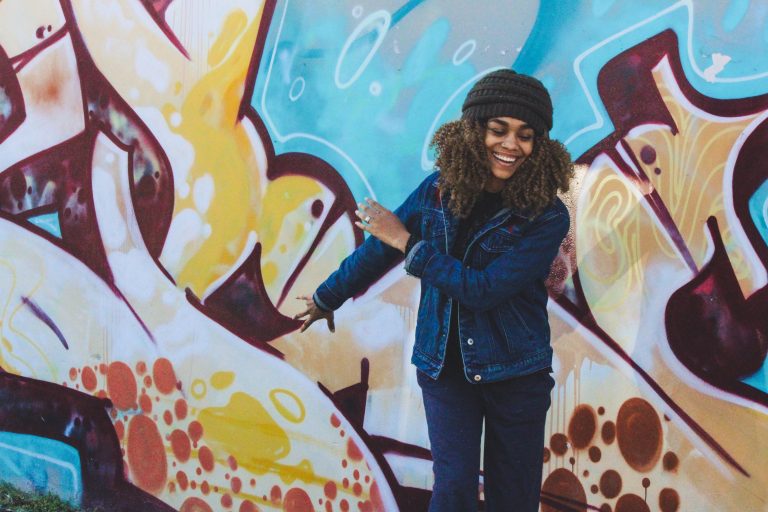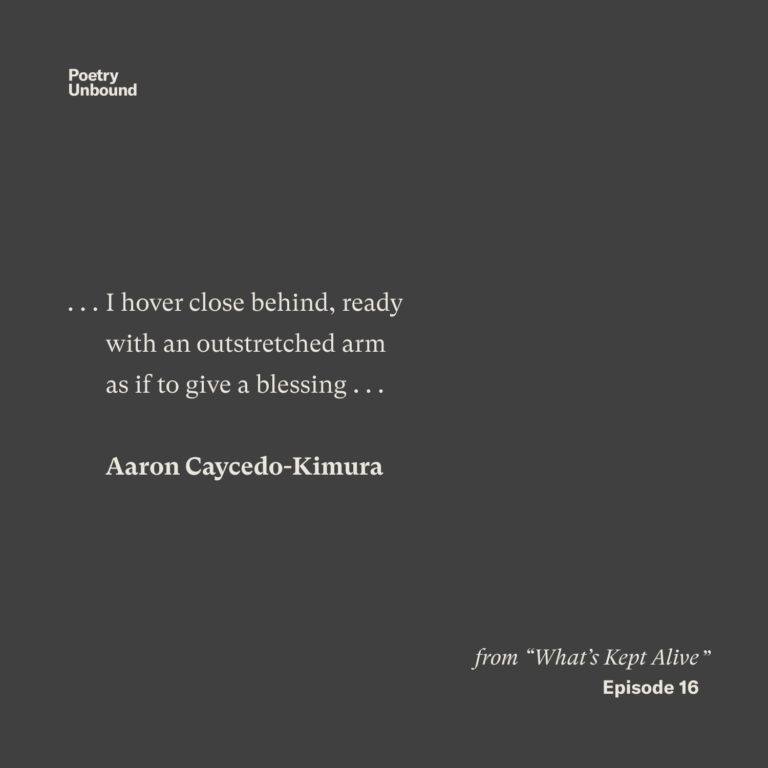
Image by Paulette Wooten/Unsplash, Public Domain Dedication (CC0).
A Lesson in Unfussy Boldness From My Mom
Last weekend I had the good fortune to attend the 30th annual Rocky Mountain Women’s Film Festival in my hometown of Colorado Springs. Sitting in those dark theaters hour after hour was like an experiment in empathy expansion.
I watched Waiting for Hassana, a short documentary that tells the powerful story of the infamous 2014 Nigerian abductions from a single perspective — Jessica’s, one of the 57 brave young women who escaped on their first night of captivity and is still patiently waiting for her best friend to return home.
I watched Olympic Pride, American Prejudice, a film that explores the experiences of 18 African-American Olympians who defied Jim Crow and Adolf Hitler to win hearts and medals at the 1936 Olympic Games in Berlin.
I watched Cuba’s Forgotten Jewels and learned that Cuba took in upwards of 6,000 Jewish refugees who escaped Nazi-occupied Europe. At a time of mass displacement — from Syria to Sudan — it was all the more moving to hear the desperate souls who landed there report that they faced zero anti-Semitism or hostility from locals.
Documentary film, when done right, is a potent medium for immersing yourself in the lives of those you’ve never known in order to emerge wiser, humbler, and just plain awed at the power of the human spirit. Unlike the rapid and coarsening pace of our daily headlines, documentary — even short documentary — slows us down and opens our eyes to one another. It recasts history, recovers stories long forgotten or never told. It honors and enlivens.
You might plausibly describe watching films as my family of origin’s spiritual practice and movie theaters as our place of worship. You see, when I was just seven years old, my mom started the Rocky Mountain Women’s Film Festival. A social worker by training, she had no background in film. She’d never made one. She’d never even sat in on a film class. But she, along with her dear friend Donna, had an instinct — that film could provide a super boost of culture to our otherwise culturally thin hometown.
They invited a few filmmakers, flew them out on their own mileage points, and invited them to stay at our house. They got the local arts center to host it, unsure if they would return a profit large enough to even pay for the space; they agreed to take the risk anyway. They got cheese and wine donated and toasted with their neighbors and friends who were brave enough to show up that first year. Word spread about this magical and strange experience — sitting in dark theaters and having your heart surprised. The next year, more came. And the next and the next… Thirty years later, it is a thriving institution that sells out over 450 tickets every year and is described by filmmakers as the best festival experience they’ve ever had.
I had the honor of interviewing my mom about this unlikely founding at the festival this year. When I asked her, “What gave you the courage to start a film festival?”
She looked at my quizzically, like she didn’t really understand the question. “We just did it,” she said. “We didn’t really think about it that much. It just seemed like something that would be fun and enrich our town. It just came together step by step.”
I pressed her, “But you had no background in film. Did you have a sense of imposter syndrome in those early days when you would go in and say ‘Hi, I’m the co-founder of a film festival’?”
“Well, first of all, we’d never say that. We just didn’t see it that way. We were just trying something out.”
I was so struck by her unfussy boldness. These days, it often feels like people found non-profit organizations with a tremendous amount of preciousness — spending more time perfecting the branding than actually doing the dang thing. It was so refreshing to realize that part of why my mom wasn’t nervous was because she wasn’t spinning something; she was building it. Her posture wasn’t how ingenious, effective, groundbreaking am I? but Is this useful to you, my people?
The answer was yes. Four hundred and fifty times over for 30 years. They have screened films on every topic under the sun. The all-volunteer selection committee would often deliberately pick films that were controversial — reasoning that it was better to screen something that 60 percent of the audience might hate, but provoke conversations, than one that 100 percent would feel neutral about. At a time when we struggle so mightily to respectfully disagree with one another across partisan and religious difference, the film festival has been modeling this for three decades in a deeply divided town.
When I asked my mom if she was surprised the festival had enjoyed such longevity, far beyond her tenure as leader, she was similarly bold and unselfconscious: “After that first year, I thought it would last forever. Why not?”
It was great to be home — in the dark, next to my mom, reminded that no matter how far I travel my best teacher was and still is the woman who is unceremoniously and unceasingly of use, the one who understands the power of art and the principles of community. She makes me want to build things too, to be simultaneously humble and bold, to expect forever.


Share your reflection